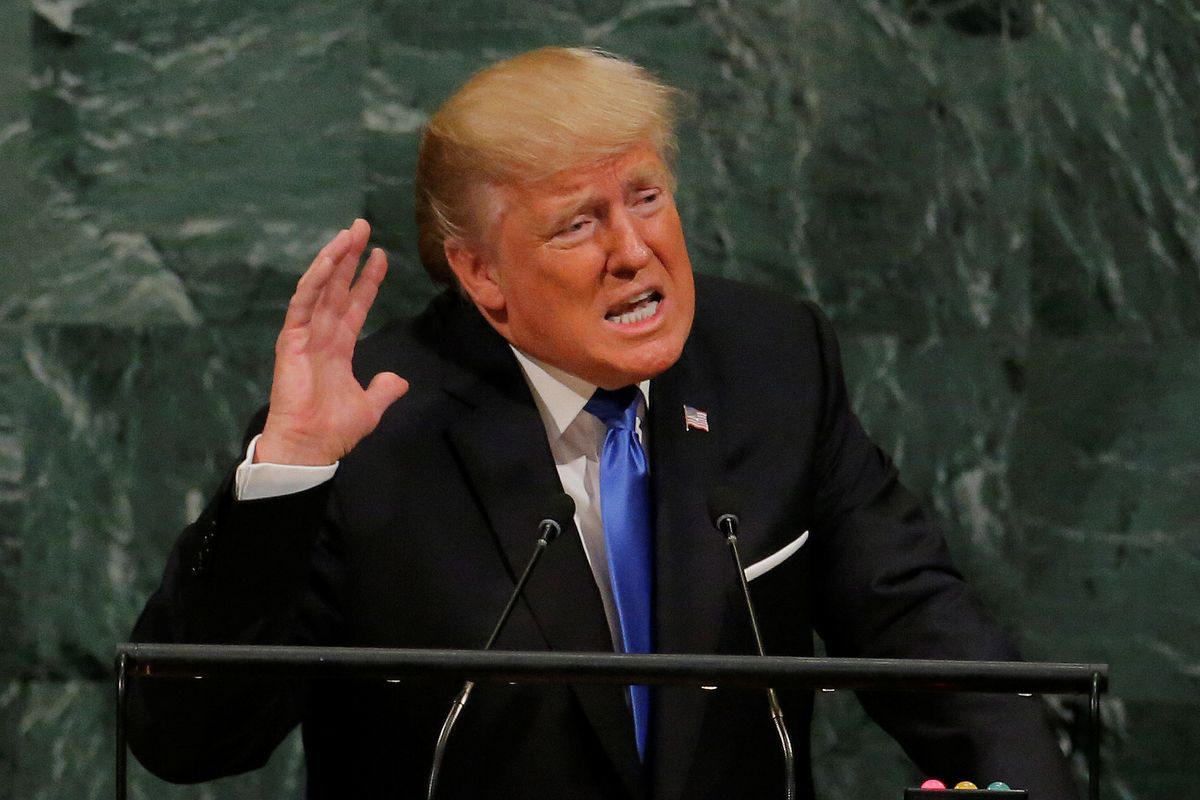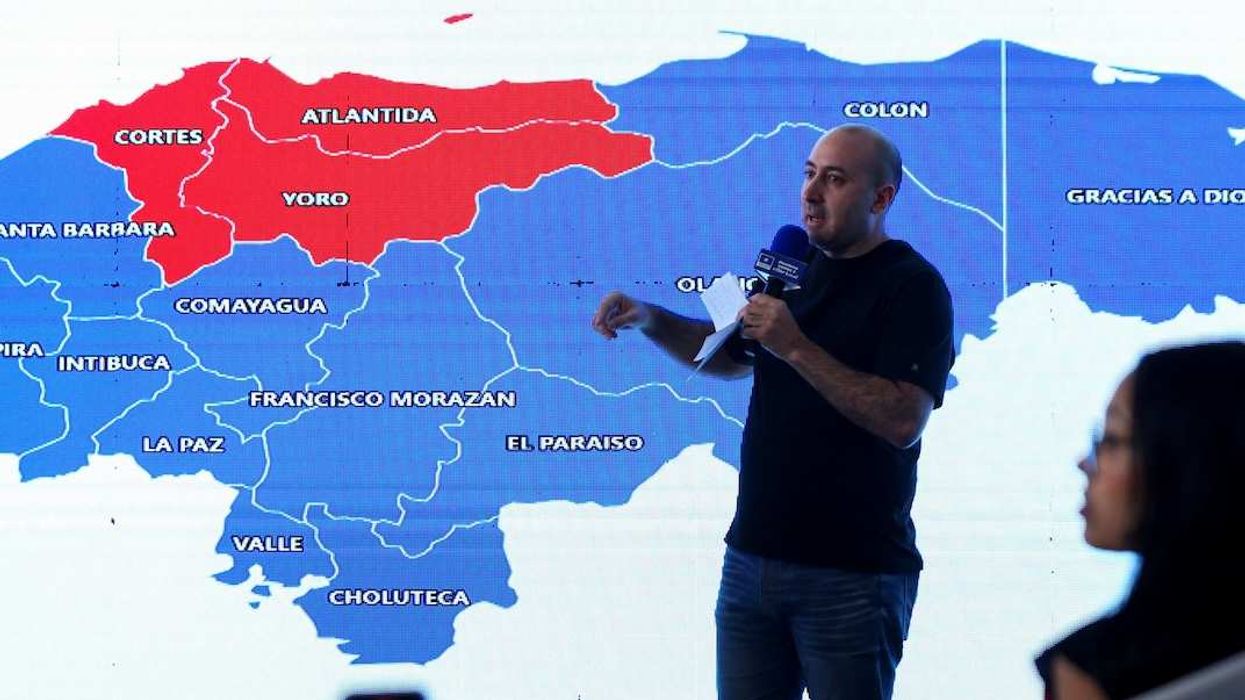This week, senior US, EU, and Japanese trade officials met to discuss a common strategy to tackle a common problem: China. In particular, they oppose China’s policies of giving huge subsidies to its own companies while also forcing foreign firms to share technology as the price of admission to the massive Chinese market.
From China’s perspective, a united front among the US, Europe, and Japan – which together are twice the size of China’s economy – would be a nightmare. Beijing is already facing a trade war with the Trump administration, and while that has (so far) proven manageable, Chinese officials would be under much greater pressure if China’s three largest trade partners formed a unified front.
Good news for China: that’s not likely to happen. Rather than rally US allies to his side, President Trump has threatened trade wars on all fronts: including with Japan and the EU.
In fact, just this week, he used his address to the United Nations General Assembly to trash the Iran nuclear deal and threaten retaliation against (mostly European) countries and companies that refuse to respect US sanctions. He did so over the objection of European allies France, Germany, and the UK, which have announced an agreement with Russia and China to find novel ways to evade US sanctions and undermine US dominance of the global financial system.
US relations with Japan aren’t much better. Though Japan wants good relations with Washington, it also needs pragmatic economic ties with China, its giant neighbor. Prime Minister Shinzo Abe is busy beating back pressure from Trump for a US-Japan free trade agreement that Japan doesn’t want and managing US threats to impose sanctions on Japanese automobiles.
The bottom line: EU and Japanese officials are worried about China’s expanding power, but they also need good relations with Beijing—and they worry about what Donald Trump will do next to make their lives more complicated. It will be much harder for Trump to build a unified front to force changes to economic policy in China, arguably his highest foreign-policy priority, if he continues to threaten action against everyone at once.



















